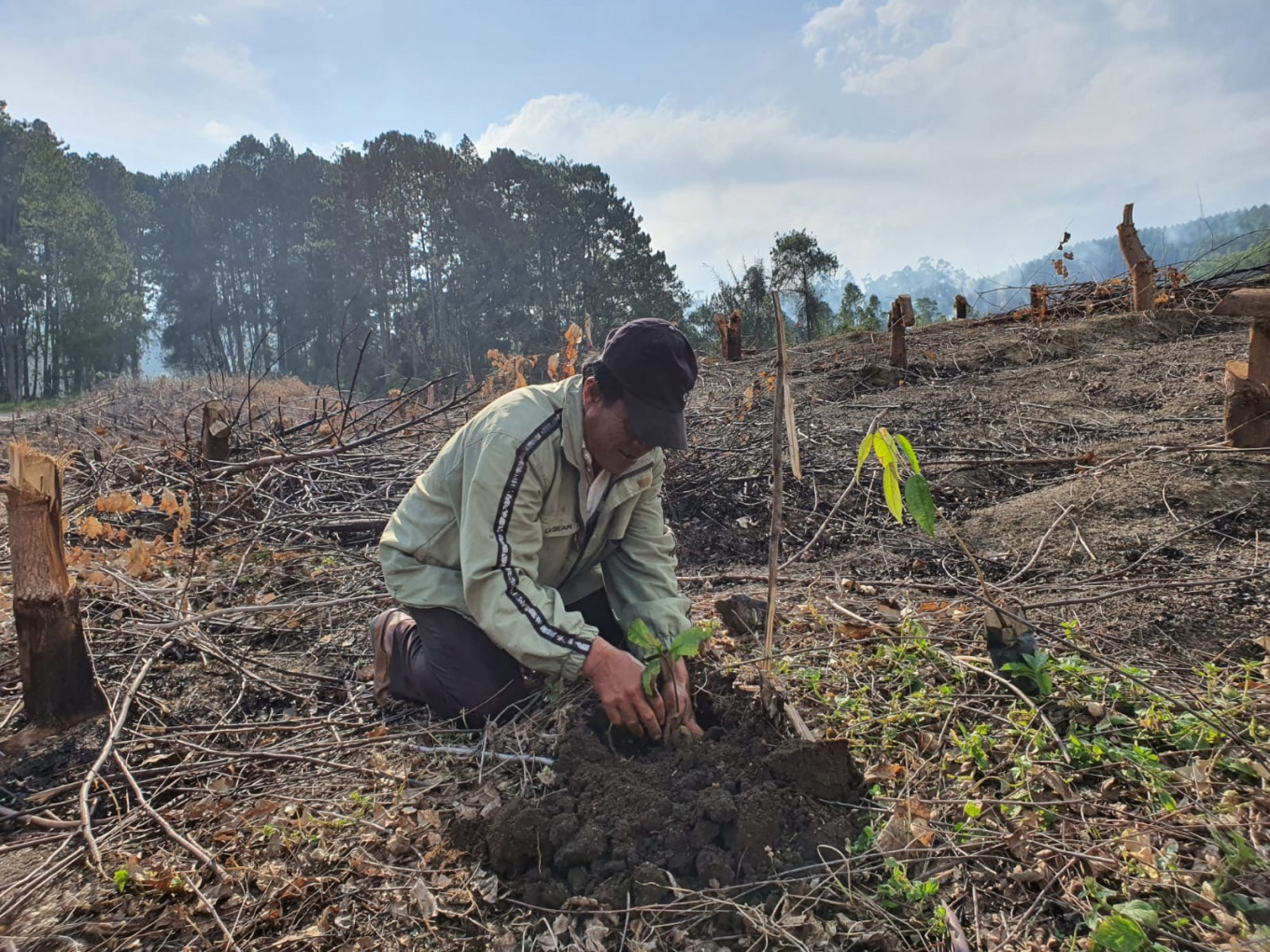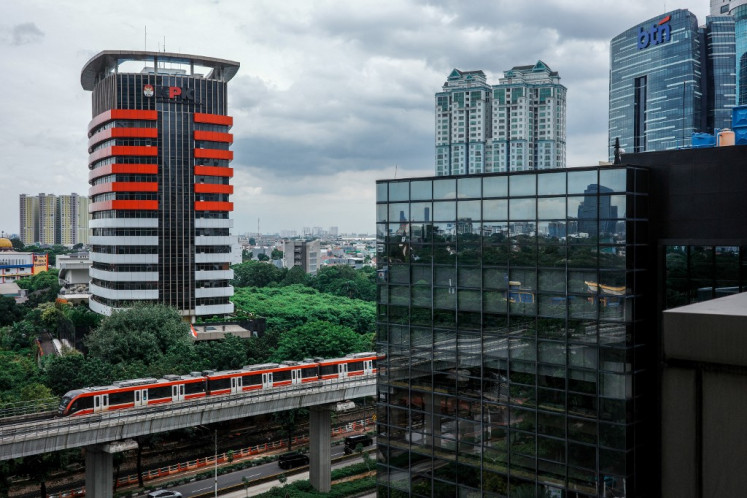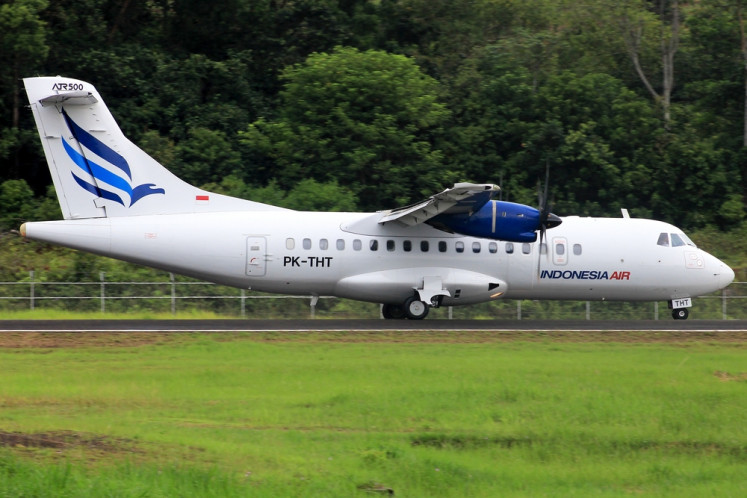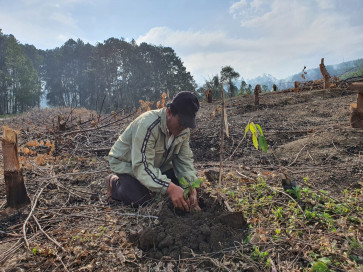Popular Reads
Top Results
Can't find what you're looking for?
View all search resultsPopular Reads
Top Results
Can't find what you're looking for?
View all search resultsCustomary forests recognition remains challenging
Around 152,000 hectares of forests across 108 customary communities in 36 regencies/cities in 17 provinces have been recognized as customary forests by the Environment and Forestry Ministry.
Change text size
Gift Premium Articles
to Anyone
R
ecognition of customary forests remains a challenge for indigenous communities as they have to rigorously campaign for the recognition of their rights across multiple government institutions, award-winning environmentalist Delima Silalahi says.
Campaigning for the rights of customary communities often feels exhausting for the communities as they have to face off with other people and institutions that do not yet recognize the customary communities’ existence, let alone their rights, Delima said in a discussion on customary forest recognition in Jakarta on Tuesday.
A Constitutional Court ruling in 2012 had affirmed the recognition of the rights of customary communities over customary forests.
However, customary community recognition requires approval from governors, regents or mayors of the regional administrations where the community resides with a regional decree, according to a 2014 Home Ministry regulation.
Meanwhile, for a forest to be recognized as a customary forest, customary communities must propose the matter to the environment and forestry minister, according to a 2015 Environment and Forestry Ministry regulation.
Delima pointed out that a regional decree that recognized customary communities may take years to take shape while in the meantime the communities had to keep campaigning and advocating for their rights.
“Customary communities, instead of spending their time taking care of their forests and livelihood, have to document their own history [to be legally recognized],” Delima said during the discussion, which was organized by the Goldman Environmental Prize 2023.


















